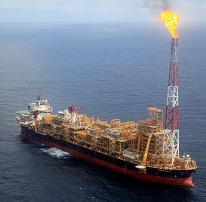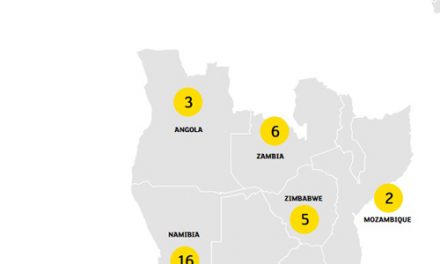
Angola declines OPECs 2024 production quota

Prominent African oil producer and a key member of the Organization of the Petroleum Exporting Countries (OPEC), Angola has officially rejected the proposed production quota for the year 2024.
Diamantino Pedro Azevedo, Angola’s Minister of Energy and Mineral Resources, confirmed the nation’s decision, signalling a divergence from OPEC’s suggested allocations for both member and non-member countries.
The announcement was made during the 26th OPEC+ Meeting, during which the organization proposed a 1.11 million barrels of crude oil per day production quota for OPEC and non-OPEC members for 2024.
Angola will stick to a production quota of over 1.18 million barrels of crude oil per day as the country aims to achieve energy security and drive gross domestic product growth on the back of optimal production, exploitation and monetization of its oil resources.
“The decision was not taken unanimously and is against Angola’s position, we reiterate our proposal for a quota of 1.18 million barrels of crude oil for the year 2024,” stated Azevedo, adding that “Our country has been a member of OPEC for more than 16 years and during this period we have fully complied with all the obligations owed to the Organization, as well as shared the efforts that the signatory countries of the OPEC and Non-OPEC Declaration of Cooperation (OPEC+) have developed to stabilize the international oil market.”
Developments like these will be discussed during the upcoming Angola Oil & Gas (AOG) 2024 conference.
Organised by Energy Capital & Power, AOG 2024 – Angola’s official meeting platform for energy stakeholders, policymakers and investors – will host high-level panel discussions, exhibitions and networking sessions showcasing investment and partnership opportunities across Angola’s burgeoning energy industry.













































